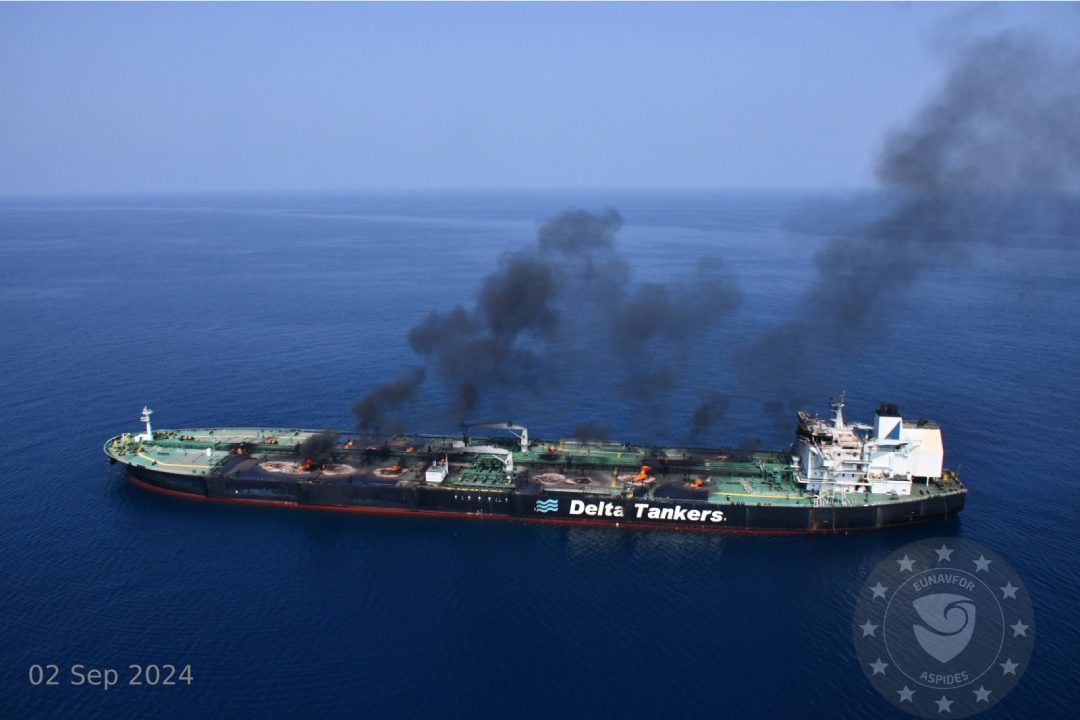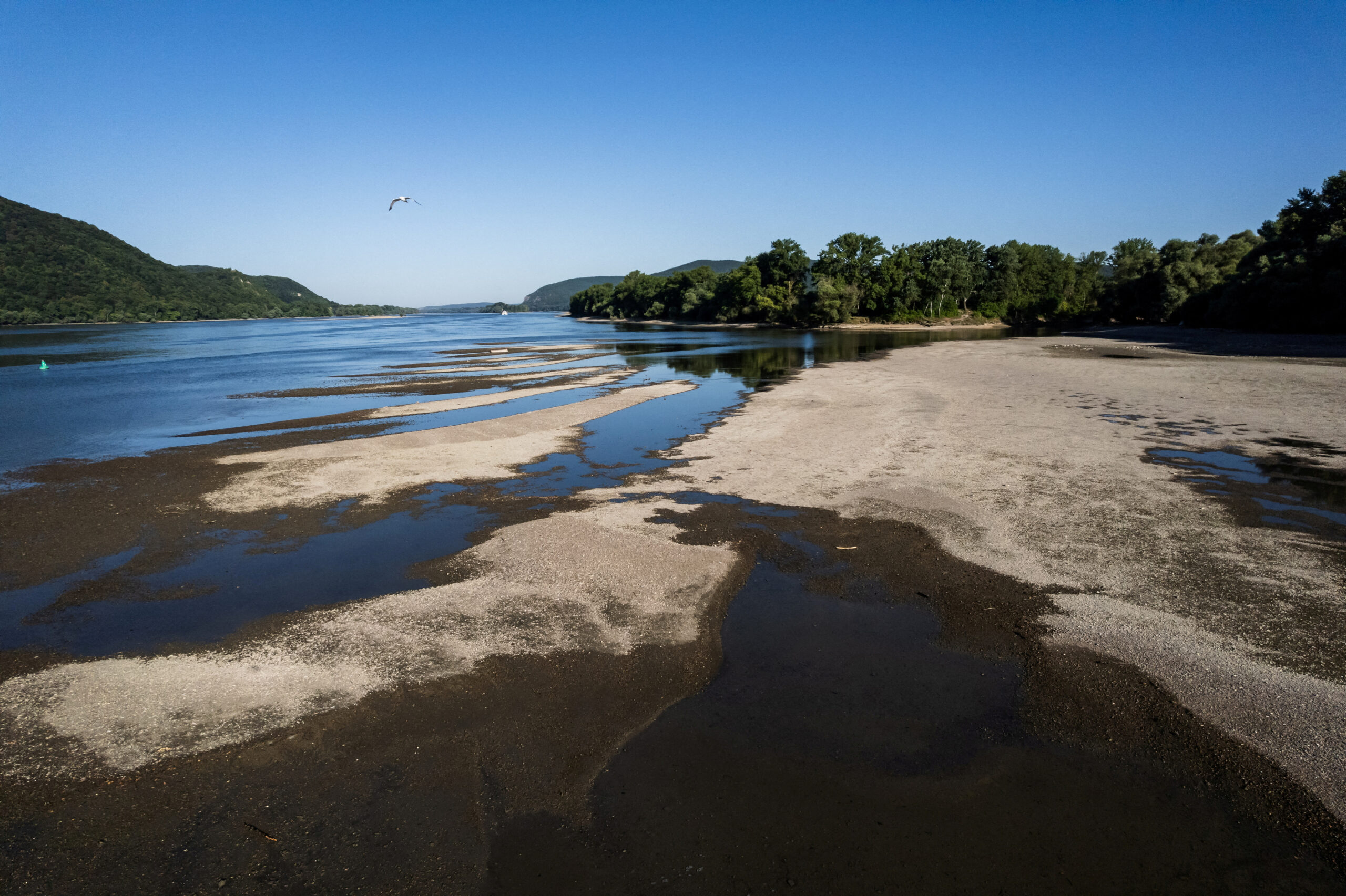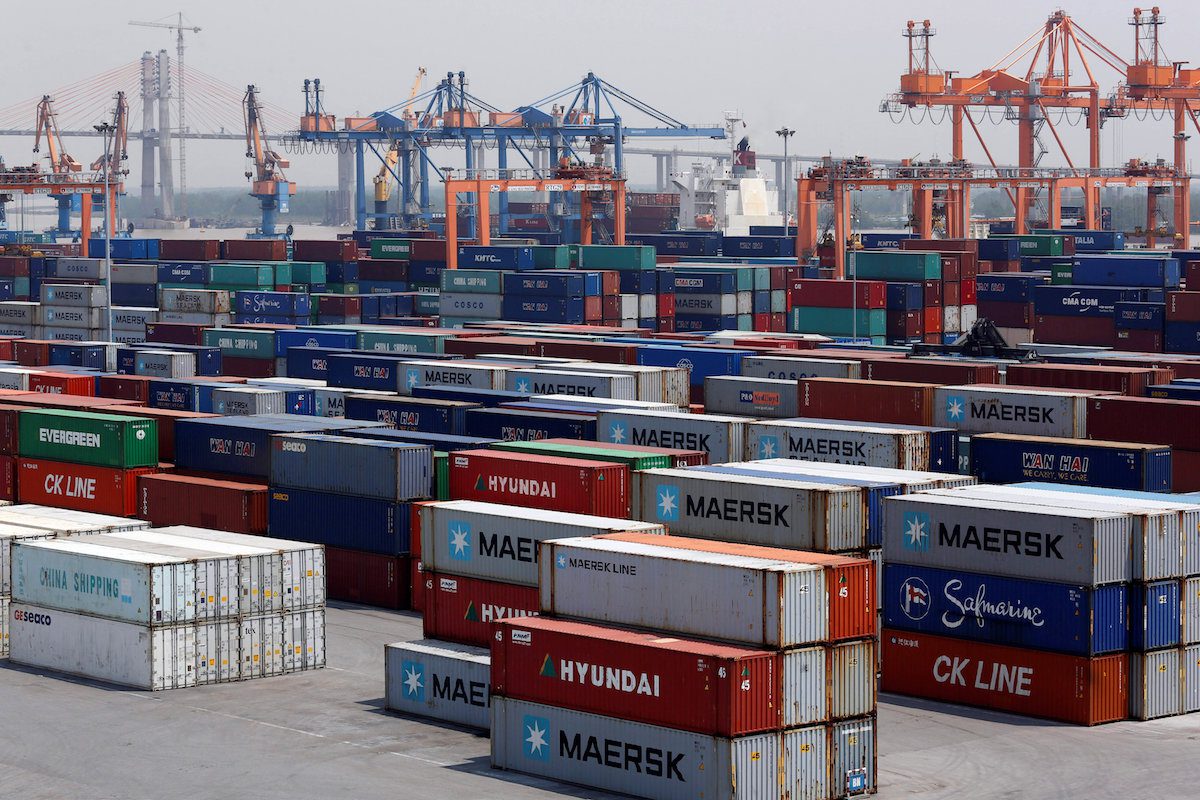The salvage operation for the oil tanker MT Sounion is facing a setback as private companies involved in the rescue efforts have determined that conditions are not suitable for towing the vessel, prompting a search for alternative solutions.
The Greek-registered Sounion, carrying approximately 1 million barrels of crude oil, presents a significant environmental threat after it was set on fire by Yemen’s Houthi militants on August 23. Several fires continue to burn on the vessel.
The EU naval mission Operation ASPIDES, which has been providing protection to the tugboats involved in the salvage operation since September 1, stated, “The private companies responsible for the salvage operation have concluded that the conditions were not met to conduct the towing operation and that it was not safe to proceed. Alternative solutions are now being explored by the private companies.”
The potential environmental impact of the incident is catastrophic. If the Sounion were to sink and release its entire cargo, it could become the fifth-largest oil spill in history, surpassing the amount released in the 1989 Exxon Valdez disaster by nearly four times.
The Sounion, operated by Greece-based Delta Tankers, is the third vessel owned by the company to be attacked in the Red Sea in recent weeks. The ship was en route from Iraq to Greece with a crew of 25, including two Russians and 23 Filipinos.
The attacks are part of a series of drone and missile strikes carried out by Iranian-backed Houthis on commercial shipping in the Red Sea since November 2023 in solidarity with Palestinians during the ongoing Israel-Hamas conflict in Gaza.
Boskalis’ SMIT Salvage has been contracted for the salvage of the vessel. The operation comes exactly one year after SMIT completed the removal of 1.1 million barrels of oil from the decaying FSO Safer, an oil storage ship that had been abandoned off Yemen’s Red Sea coast since 2015 due to civil war. For that salvage, oil was transferred to a replacement vessel which the United Nations had secured from Euronav earlier in the year.
The UN had warned that a major spill from the FSO Safer would have devastated fishing communities on Yemen’s Red Sea coast and cost estimated at $20 billion to cleanup, not to mention disrupt shipping through the critical Bab al-Mandab strait.
As the situation develops, Operation ASPIDES says it remains focused on its original mandate of ensuring freedom of navigation for merchant vessels in the area.

 Join The Club
Join The Club











